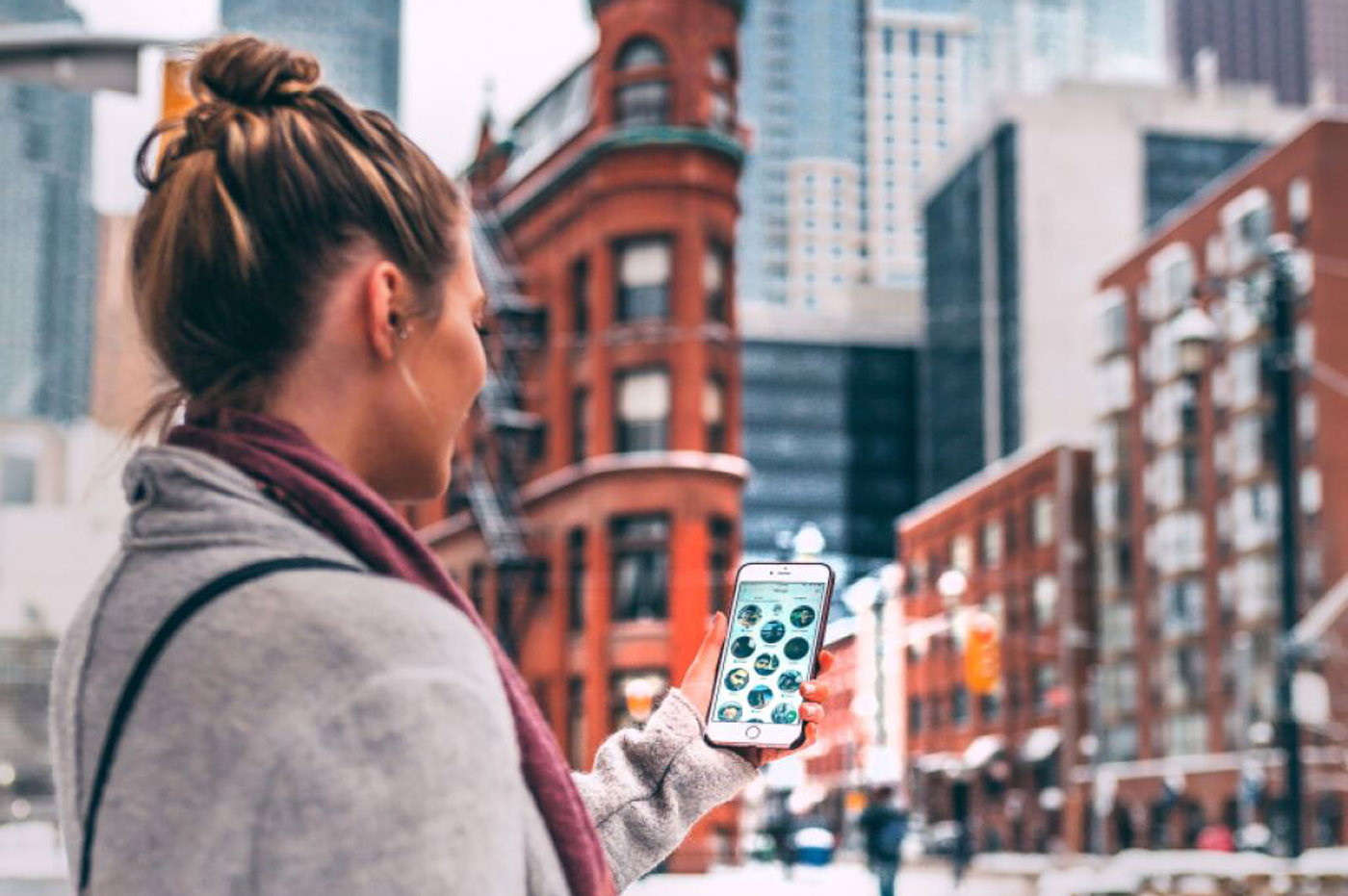What dating apps can tell us about why we fall in love
Claire Stott, data analyst for dating app Badoo, on how the internet has changed love

A free daily email with the biggest news stories of the day – and the best features from TheWeek.com
You are now subscribed
Your newsletter sign-up was successful
The purpose of love is a matter of some debate among psychologists, and precisely how and why people fall in love is still not entirely clear. So what do scientists know about romantic attraction? Well, contrary to popular belief, researchers are aligned in saying that opposites don’t generally attract. Rather, we tend to experience love with people who share our values and outlook on life and who are of similar age and attractiveness. Research also suggests that love tends to require reciprocation (obviously) and that it is most successful when our social circles are accepting of the relationship.
Why dating apps present a problem
Falling in love is a slow process that can take months, but recognising the potential for love can happen quickly. Research suggests it takes seven seconds or less to form a first impression of somebody and know whether there is a spark, or the potential for one. Humans make unconscious judgements using visual cues. With dating apps however, we are stripped of these subtle cues and instead have to rely on static photographs and written conversations.
The Week
Escape your echo chamber. Get the facts behind the news, plus analysis from multiple perspectives.

Sign up for The Week's Free Newsletters
From our morning news briefing to a weekly Good News Newsletter, get the best of The Week delivered directly to your inbox.
From our morning news briefing to a weekly Good News Newsletter, get the best of The Week delivered directly to your inbox.
So how do we behave when searching for love online? The mass of data at Badoo tells us that people do prefer those similar to themselves. Badoo users tend to match with similarly aged people – within two to three years of their own age. This is despite having age-range searches around 15 years wide. They also match with those of similar popularity; online daters have an awareness of their own “league”, fitting with psychological theory.
Furthermore, we find that attraction happens after the swiping process, when two users have declared and initial interest in one another – or “match” – and opened an avenue for communication. But Badoo users tend to message just 50% of their matches, regardless of quantity.
Swiping “yes” is therefore not necessarily an indicator of attraction, and more than a few seconds is needed to be sure of someone (unlike real life). These data support that people have increased sensitivity to deal-breakers online. With limited information available, seemingly trivial things have a bigger-than-normal impact.
Going offline
A free daily email with the biggest news stories of the day – and the best features from TheWeek.com
What happens, then, after messaging starts? It takes Badoo users around two days and 20 messages to decide whether to date someone. This is slower than in person, which is why Badoo encourages its users to go on dates early. However, not everyone likes to take it offline quickly – one chat lasted 189 days, proving that the path to love, both online and off, is neither uniform nor straightforward.
For more, visit badoo.com
-
 Bondi, Democrats clash over Epstein in hearing
Bondi, Democrats clash over Epstein in hearingSpeed Read Attorney General Pam Bondi ignored survivors of convicted sex offender Jeffrey Epstein and demanded that Democrats apologize to Trump
-
 Are Big Tech firms the new tobacco companies?
Are Big Tech firms the new tobacco companies?Today’s Big Question Trial will determine if Meta, YouTube designed addictive products
-
 El Paso airspace closure tied to FAA-Pentagon standoff
El Paso airspace closure tied to FAA-Pentagon standoffSpeed Read The closure in the Texas border city stemmed from disagreements between the Federal Aviation Administration and Pentagon officials over drone-related tests